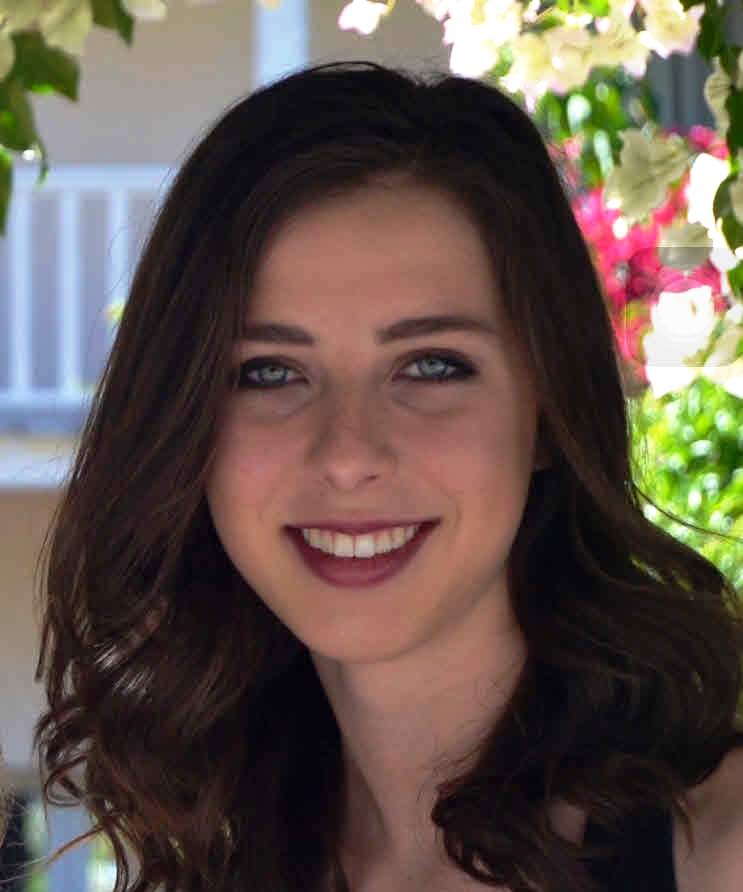Olivia Corso ’20 presents research at Worldcon 76
While it’s not unusual to see Furman University undergraduates presenting research at academic conferences, what might be considered out of the ordinary is a student who is invited to sit on a panel with faculty members.

Olivia Corso ’20 is a Furman studio art and English double major.
Olivia Corso ’20 of Orlando, Florida, did just that this summer when she presented a paper and participated in an academic panel discussion at the World Science Fiction Convention, Worldcon 76, in San Jose, California.
Sharing a track with a faculty member from Douglas College in New Westminster, British Columbia, Corso was part of the session titled “Politics in SF Giants: Asimov, Atwood, and Stephenson,” which explored the application of political theory to major sci-fi novels. In the panel moderated by a University of California-Davis professor, Corso looked at French philosopher Michel Foucault’s theories of biopower in dystopian literature by Margaret Atwood and Neal Stephenson.
Corso presented her ideas before an audience of over 60 conference-goers, most of them postgraduates to middle age and older, and many of the follow-up questions were directed to her. “I’m excited to know people were interested in my thesis. Not only did the audience receive my idea, they interacted with it and asked me questions that allowed me to expand on my thesis,” she said.
Corso, a studio art and English double major, said the inspiration for writing the paper came from a science fiction literature class taught by English Professor Michele Speitz, who also encouraged her to submit the work to Worldcon 76. After learning of the paper’s acceptance, Corso enlisted professors Joni Tevis (English) and Aaron Simmons (philosophy), who helped polish Corso’s presentation and calm pre-conference jitters.
Corso also received support from History Professor Erik Ching and Andy Coe in the Undergraduate Research Office, who both assisted Corso in applying for funding and securing reimbursement for travel expenses for Corso’s first visit to the West Coast.
Once there, Corso used her spare time exploring museums and restaurants and attending Worldcon sessions like one on the symbolism of Frankenstein and posthumans as well as a workshop for young sci-fi writers. But, despite being a huge “Star Trek” fan, she passed on the presentation dedicated to learning Klingon and chose business attire rather than a costume.
Perhaps most remarkable to Corso was the diversity at Worldcon 76.
“There were just as many men as there were women; just as many people in costumes as those dressed normally,” she said. “And there were so many panels and activities … At any given time, there were at least four panels scheduled, and no two were the same.”
Maybe even more diverse than the conference and its attendees are Corso’s aspirations after graduation. “Ultimately, I’d love to be a forensic pathologist, performing post-mortem examinations,” she said. “I also have an interest in medical illustration, drawing human anatomy with pen and ink. I could also be a novelist, writing memoirs about my family and childhood. I might take a gap year and study for the MCAT in Europe, or jump straight into a medical illustration program. Who knows?”
What is certain is Corso’s devotion to science fiction and the interest her paper drew at the conference.
“Overall, I think it proves the purpose of the genre—science fiction is meant to be mused over, examined and discussed. That’s exactly what Worldcon is for, and I’m thrilled I could contribute,” she said.